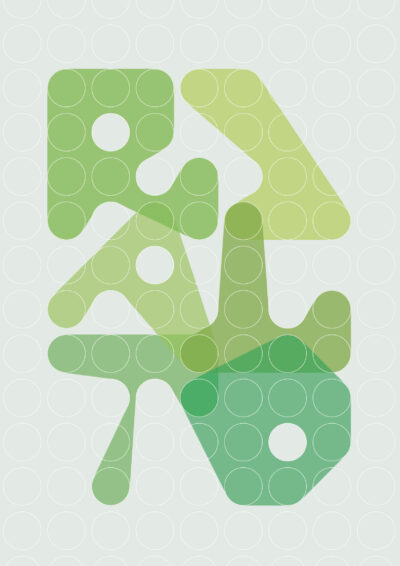There is nothing so tedious and wonderful as a list of books. I once attended an academic conference held at a boarding school run by monks. A strange place, especially out of term, when the monastic round of lauds, compline etc. continued in the mostly empty buildings. At night, the conference delegates slept in vacated study rooms beneath posters of semi-naked women, pop bands, and graffiti scored into panels while in the grounds giant bare trees rushed in the wind.
At best an academic paper requires attention, and at worst it demands more patience than the most tedious stage play you ever had to sit through. On the second afternoon, a medievalist presented a paper about a manuscript from a German monastery. It began boringly enough with a list of Old Testament references and their incidence in the manuscript: Genesis 4; Exodus 3; Leviticus 0, Numbers 3… Right the way through to the Book of Malachi. Then he went on to the New Testament, at which point a few people laughed. But after Revelations, he stopped. We were thankful. But then he started again: Ambrose 3, Augustine 11, and there we were, moving through the entire list of the Church Fathers from Basil the Great to Venantius Fortunatus. We still had the classical references to go.
There is something silly and comforting about such lists. His reminded me of the football results with their magic of place names and goals, nostalgic and only slightly less mysterious than that other secular British litany, the shipping forecast, with its districts of grey swells, gulls and sky. I suppose some people have their own lists, almost autistic in their charm-like power: titles of albums, football squads, the names of plants, but mine are those related to books.
I like the sounds and the exotic, hidden narratives within bibliographies, particularly academic bibliographies: not just the titles and the author names, but the names of contributors to academic journals, even book publication dates, publishing houses, and the places of publication. But thinking further about such academic bibliographies, while there’s rigour in that desire to account for all that might have influenced the bibliography author’s own book, there’s also something gloriously impossible about it – because really how could everything that preceded a book be contained by a list?
Perhaps it is that quixotic impulse which has given rise to further, fantastical lists, like the catalogues of Borges’ imaginary libraries, and those books we ourselves, in our sillier moments, imagine our favourite authors might have written, but never did, such as Dashiell Hammett’s The House on Tin Street, or Kafka’s terrifying The Ghost, or the titles of those books which lack an author, like Owl: Gublinka, or The Last Testament of Tabitha Fairclough, or that saddest list in the catalogue, that of authors whose completed works nonetheless lack any title at all: Robert Namuth, R.V. Jeyalingam, Joseph Spargo, Kathleen Auchterlonie, Susan Wildblood, Stine Minard.
Richard Lambert
Richard is reading at Café Writers on the 14th June.






